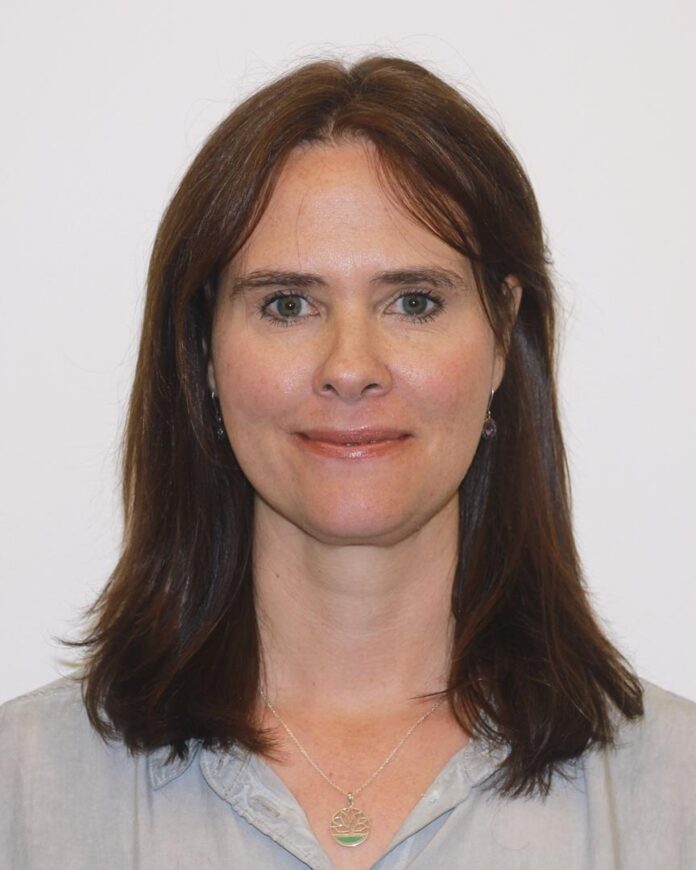Dr. Kathleen Rodgers has been teaching for thirteen years, three of which have been at UFV. She began working at UFV during the 2020 pandemic, and teaches in the School of Culture, Media, and Society. A sociologist who studies several subjects, Rodgers’ main branch is within the study of social movements and activism. The Cascade got the opportunity to sit down and discuss a topic she is currently researching: women and the transformation of true crime.
Rodgers herself is a true crime podcast fan — a casual listener who uses it as a form of escape much like most people who listen to true crime, but she is also someone who is interested in studying activism. After six months of consistently listening to and observing what was happening online around the true crime podcast My Favorite Murder, she started to notice some really interesting things around true crime and women in particular.
“…it developed into a project in which I wanted to basically try and understand why, first of all, it is that women are so interested in true crime; why they’re attracted to it, but also all this kind of chatter that happens about true crime in the social media spaces,” says Rodgers.
For her first paper on this subject Rodgers specifically looked into the previously mentioned podcast, and explored why women were attracted to it, what they liked about it, and all of the kinds of ideas that go along with the podcast. Her current paper focuses on why women were involved, interested in true crime, and “trying to understand whether or not all of that chatter that’s happening is changing the way that we talk about women in crime.”
For some insight Rodgers states, “I think women are particularly attracted to true crime because violence and fear of violence is something that they experience on a daily basis, especially young women.
“The idea that I developed from that is that what comes out of those discussions is a feminist politics in which women who might never have been feminists, talk about crime and violence in a way that can be understood as feminist in the sense that it’s a gender-based analysis of crime.”
On how much social media has helped the rise of true crime and the growth of fans Rodgers says, “Oh, it’s tremendous. I mean the explosion of true crime podcasts is a response to that interest that’s shown simply in things like the number of downloads… so anytime there’s that opportunity, people are gonna try moving into it, but it’s the response that they’re seeing through social media that is feeding that growth.”
The viral Gabby Petito case also came up while discussing the combination of true crime and social media. Rodgers noted that Petito was the “typical subject of true crime,” and that there is an ongoing conversation in social spaces about why other stories aren’t discussed as much, or reflected in traditional true crime; “or if they are, they’re talked about in kind of derogatory and dismissive ways, and those are conversations that are had too.”
Rodgers’ first paper consisted of an online ethnography in which she “spent a lot of time on My Favorite Murder Facebook and Reddit groups (she received ethics clearance to observe the groups). But she also interviewed members of those groups as well. In a continuation of the project, she also started looking at the podcast for any changes in what she referred to as “a quantitative and qualitative content analysis.”
Her agenda with this project is “looking at women and the transformation of true crime.”
Rodgers mentioned that her “larger agenda” goes beyond questions of true crime and feminism and explores the larger connections between podcasts and social media spaces, adding that the project also looks into the opportunity for a “public debate and the transformation of public discourses” that is rarely found anywhere else.
Rodgers hopes to have her project start publishing by the fall; until then, read her first paper, ““F*cking politeness” and “staying sexy” while doing it: intimacy, interactivity and the feminist politics of true crime podcasts”, can be accessed through the Feminist Media Studies Journal.
Eva Davey is a UFV student majoring in English Literature and minoring in Media Communications. She is a fan of poetry, oat milk lattes, and the final girl trope. Currently, her worst enemy is the Good Reads app.



